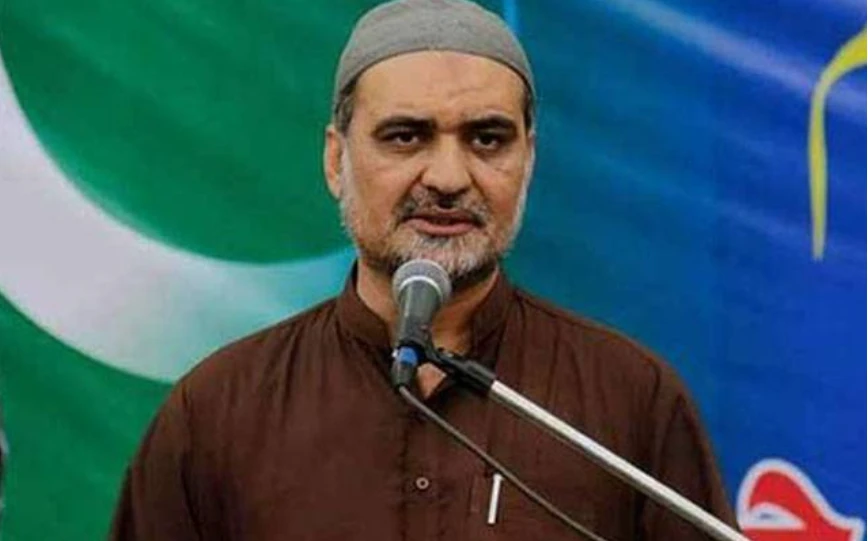JI emir terms country's prevailing system worst form of oppression

Stay tuned with 24 News HD Android App

Jamaat-e-Islami emir Hafiz Naeem-ur-Rehman Sunday expressed concerns over the country's prevailing system, which he described as one of the worst forms of oppression and slavery, reported 24NewsHD TV channel.
Addressing a press conference at Mansoora, Hafiz Naeemur Rahman, highlighted several critical issues facing Pakistan.
JI emir called for an independent foreign policy, free from American influence, and highlighted the importance of the Pak-Iran Gas Pipeline project, urging the government to complete it to secure the country's energy needs.
He criticized the current state of Pakistan's foreign policy, asserting that it lacked independence and was influenced by external agendas.
Rahman mentioned that the Central Majlis-e-Shura of the Jamaat-e-Islami has been in session for two days, discussing the country's dire situation.
He alleged that the people of Pakistan are being oppressed by a coalition of powerful entities, including feudal lords, bureaucrats, and military generals.
He argued that the country should be governed by its people, with all institutions, including the army, operating within defined limits. Repeated violations of the constitution, he said, had led to the country's destruction.
JI emir lamented that the sanctity of privacy and personal space is being violated, and public trust in prestigious institutions is eroding rapidly.
Rahman blamed the collapse of institutions on the personal decisions of a few influential individuals.
He also criticized the Election Commission for its failure to conduct free and fair elections and called for immediate electoral reforms, including the establishment of a judicial enquiry to probe election results.
Rahman highlighted the need for positive activities and empowerment for the youth, highlighting the deteriorating state of education, particularly in public sector schools.
He condemned the "mafia" that has exploited the country for 76 years, keeping its people ignorant and depriving them of quality education.
He also addressed the industrial and agricultural sectors, noting the severe crisis facing industries and the government's failure to support farmers adequately.
He urged for modernization of agriculture and criticized the government's handling of the wheat crisis.
Additionally, he spoke on social issues, emphasizing the need to combat domestic violence and harassment against women and to ensure women's inheritance rights.
